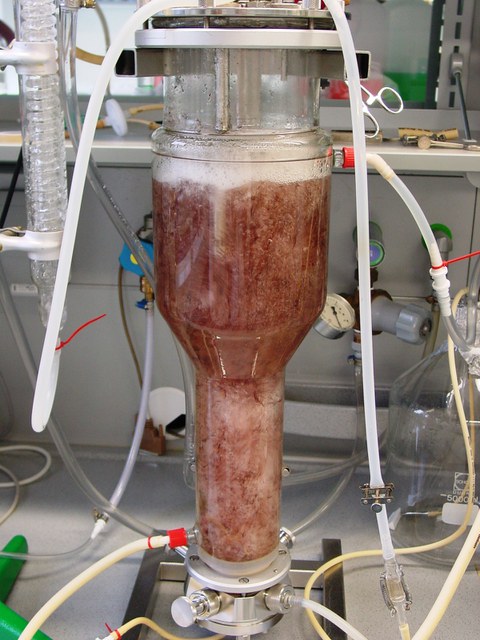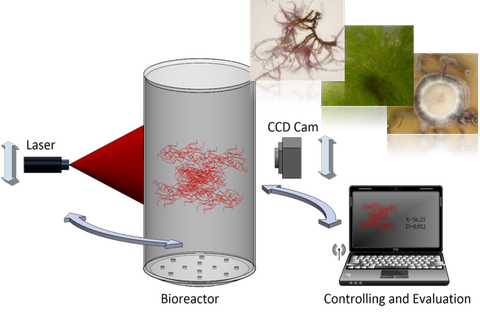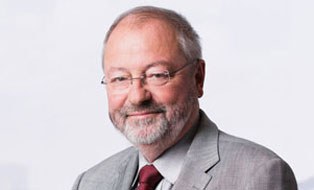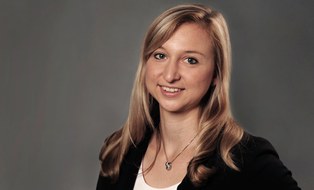BioSpeckle: Development of a non-invasive sensor for determination of biomass in biotechnological processes by Laser-Speckle-Photometry

Hairy roots (Beta vulgaris)
The increasing shortage of fossil raw material is one reason why alternative biotechnological processes are urgently required to produce natural agents and additives. Plant cells, fungi and algae are common natural resources and therefore quite interesting for science and industry.
For example plant cells bare a wide range of nutritional, physiological and pharmaceutical relevant secondary metabolites. However, conventional industrial production is dependent on a number of biotic and abiotic influences. The in vitro production of secondary metabolites in plant cell and tissue cultures (e.g. hairy roots) represents a suitable alternative to conventional techniques and allows a year-round cultivation in the bioreactor under optimal conditions with consistent quality and quantity.
One of the most important parameter for the development and monitoring of biotechnological processes is the biomass formation. In hairy root cultures, which form filamentous, network-like structures, the direct quantification of biomass is not possible and the quantification with indirect methods is very laborious and time-intensive. Therefore an alternative method is required.
The aim of the work is to investigate capabilities of the Laser-Speckle-Photometry (LSP) as an alternative and rapid method for biomass determination of hairy root cultures or other filamentous, network-like structures like fungi or macroalgae (Fig. 2.). The technique of time-resolved LSP is based on the analysis of the variation of speckle-patterns in the sample. This very fast and completely optical method allows the non-destructive, contactless measurement without sampling.

Abb. 2: Fig. 2: Schematic figure of the non-invasive sensor system
Project funding:
Funded by the European Union and the Free State of Saxony
Project head:
 © Christian Hüller
© Christian Hüller
Senior Professor Bioengineering
NameProf. Dr. rer. nat. habil. Thomas Bley
Project staff:
Co-operation partner:
- Fraunhofer Institute for Ceramic Technologies and Systems, IKTS Dresden, Germany
- WIE Werner industrial electronics, Kreischa, Germany
Project term:
01.02.2015-31.01.2018

